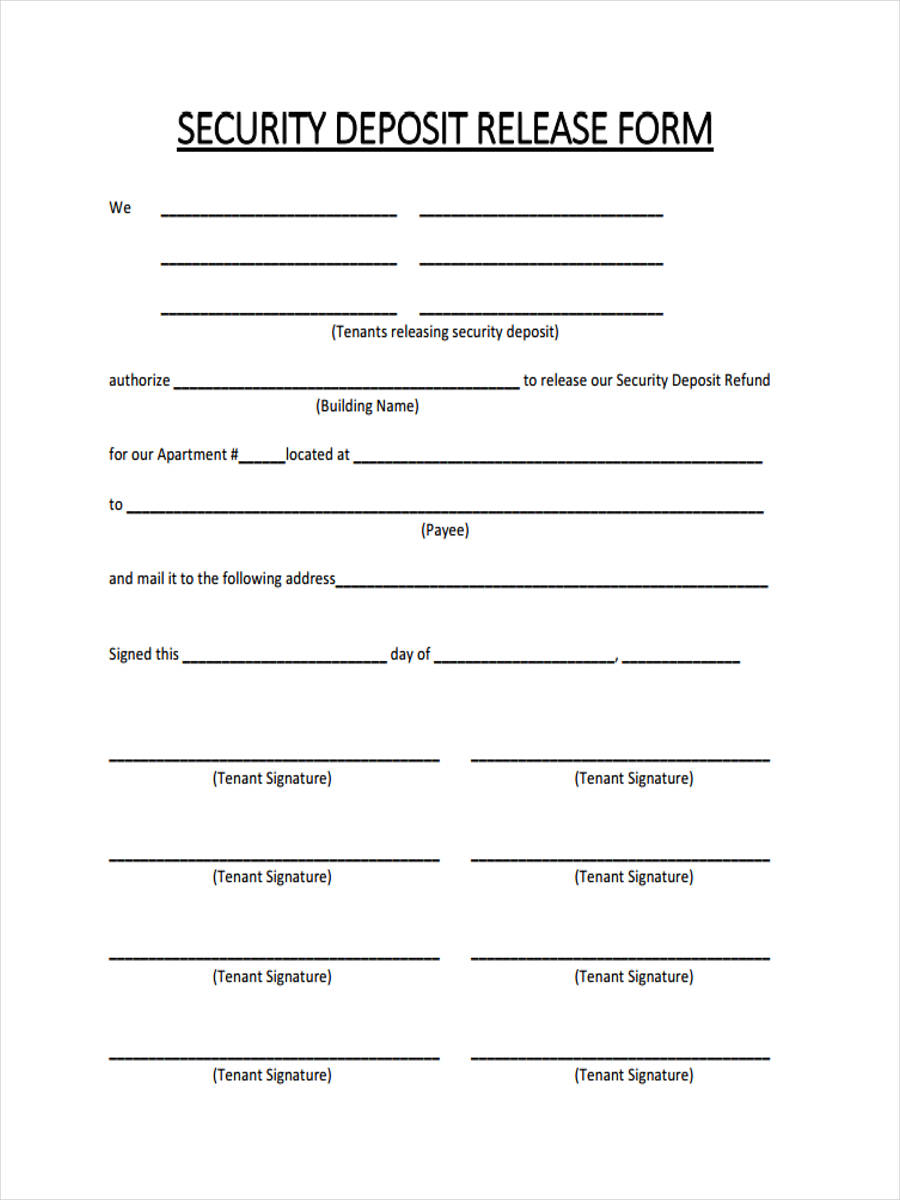Recurring Deposit Interest
A recurring deposit is a type of term deposit offered by banks / financial institutes which assist people with regular incomes to deposit a fixed amount every month into. RD Interest Rates: Get Recurring Deposit Interest Rates for all Banks online. Check RD Rates of all Institutes and Banks online at The Economic Times.
- Recurring Deposit Interest Rates 2020
- Recurring Deposit Interest Rates Sbi
- Recurring Deposit Interest Rates In Hdfc Bank
- Recurring Deposit Interest Formula
A recurring deposit is a special kind of term deposit offered by banks which help people with regular incomes to deposit a fixed amount every month into their recurring deposit account and earn interest at the rate applicable to fixed deposits.[1] It is similar to making fixed deposits of a certain amount in monthly installments. This deposit matures on a specific date in the future along with all the deposits made every month. Recurring deposit schemes allow customers an opportunity to build up their savings through regular monthly deposits of a fixed sum over a fixed period of time. The minimum period of a recurring deposit is six months and the maximum is ten years.[2]
The recurring deposit can be funded by standing instructions which are the instructions by the customer to the bank to withdraw a certain sum of money from his/her savings/current account and credit to the recurring deposit account.
When the recurring deposit account is opened, the maturity value is indicated to the customer assuming that the monthly installments will be paid regularly on due dates. If any installment is delayed, the interest payable in the account will be reduced and will not be sufficient to reach the maturity value. Therefore, the difference in interest will be deducted from the maturity value as a penalty. The rate of penalty will be fixed upfront. Interest is compounded on quarterly basis in recurring deposits.
One can avail loans against the collateral of a recurring deposit up to 80 to 90% of the deposit value.[1]
The rate of interest offered is similar to that of fixed deposits.[1]
The formula to calculate the interest is given as under: where I is the interest, n is time in months and r is rate of interest per annum and P is the monthly deposit.[3]
The formula to calculate the maturity amount is as follows:Total sum deposited+Interest on it .

Taxation[edit]
Tax deducted at source (TDS) is applicable on recurring deposits. If interest earned on recurring deposits exceeds Rs. 40,000 a year, TDS at the rate of 10% would be deducted by the bank. Income tax is to be paid on interest earned from a Recurring Deposit at the rate of tax slab of the Recurring Deposit holder. Investors with no taxable income will have to submit form 15G to avoid TDS on both recurring deposits and fixed deposits. However, for investors who are senior citizens (above the age of 60) you will have to file form 15H to avoid TDS on both RD and FD. [4]
References[edit]

- ^ abc'From Post Office RD, Bank RD to Debt MF SIP, find out your option for risk-free recurring deposits'. 13 June 2019. Retrieved 23 June 2019.
- ^Vijayaragavan Iyengar (2009). Introduction to Banking. Excel Books India. pp. 313–. ISBN978-81-7446-569-6.
- ^M.L. Aggarwal. APC Understanding ICSE Mathematics - Class 10 - Avichal Publishing Company. Avichal Publishing Company. pp. 58–. ISBN978-81-7739-302-6.
- ^Sharma, Ashwini Kumar (2020-04-20). 'Avoid unnecessary TDS, furnish form 15G and 15H'. mint. Retrieved 2020-10-20.

More Calculators:
A recurring deposit is a type of term deposit offered by banks / financial institutes which assist people with regular incomes to deposit a fixed amount every month into their RD account and earn interest at the rate applicable.
Recurring deposit (RD) allows customers an opportunity to build their savings via regular monthly deposits of a fixed sum over a fixed period of time.
Recurring deposit matures on a specific date in the future along with all the deposits made every month

It is similar to a fixed deposit of a certain amount in month-to-month installments.
The minimum tenure of this deposit is six months and maximum is ten years.
Compound interest is added to recurring deposit at the end of every financial quarter.
Rate of interest of 5% to 7.25% is offered on RD by various financial institutions.
M =R[{(1+i)^n} – 1] ÷ 1-{(1+i)^(-1/3)}
M = Maturity value of the RD
R = Monthly RD installment to be paid
n = Number of months (tenure)
i = Rate of Interest / 400

Let’s consider an example to understand this better,
You invest a principal amount of 500 for a period of 60 months at an interest rate of 6% and it is compounded quarterly.
M =R[{(1+i)^(n/3)} – 1] ÷ 1-{(1+i)^(-1/3)}
M =500[{(1+(6/400))^(60/3)} – 1] ÷ 1-{(1+(6/400))^(-1/3)}
M =500[{(1+(0.015))^(20)} – 1] ÷ 1-{(1+0.015)^(-1/3)}
M =500[{(1.015)^(20)} – 1] ÷ 1-{(1+0.015)^(-1/3)}
M= 35,031.78
Maturity amount in this case at the end of 30 months will be 35,031.78.
Banks / Financial companies | Normal Interest Rates | Senior Citizen Interest | ||
less than 5 Years | More than 5 Years | less than 5 Years | More than 5 Years | |
State Bank of India | 5.30% | 5.80% | 5.40% | 6.20% |
AXIS Bank | 5.50% | 6.00% | 5.50% | 6.00% |
ICICI Bank | 5.35% | 5.85% | 5.50% | 6.30% |
HDFC Bank | 5.35% | 5.85% | 5.50% | 6.00% |
Union Bank of India | 5.45% | 5.95% | 5.45% | 5.95% |
IDBI Bank | 5.30% | 5.90% | 5.30% | 5.90% |
Kotak Mahindra Bank | 4.90% | 4.50% | 5.40% | 5.00% |
Yes Bank | 7.00% | 6.75% | 7.75% | 7.25% |
Federal Bank | 5.35% | 5.50% | 5.85% | 6.00% |
IndusInd Bank | 6.75% | 6.65% | 7.25% | 7.15% |
Punjab National Bank | 5.30% | 5.30% | 6.05% | 6.05% |
Bank of Baroda | 5.30% | 5.30% | 5.80% | 6.30% |
Bank of Maharashtra | 5.00% | 5.00% | 5.50% | 5.50% |
Indian Overseas Bank | 5.45% | 5.45% | 5.95% | 5.95% |
IDFC Bank | 6.75% | 6.25% | 7.25% | 6.75% |
Note: Please refer to the respective bank websites and confirm the interest rates before investing. The above chart is updated in August 2020.
High Interest rates.
Useful for short term goals.
A Flexible amount can be invested.
Loan on Recurring deposit
Penalty / Charges vary from bank to bank. However, it is observed that maximum of 2% of agreed upon interest rate is charged on premature withdrawing.
Please refer the below links for detailed chart on interest rates:
SBI – https://www.sbi.co.in/web/personal-banking/investments-deposits/deposits/recurring-deposit
Axis – https://www.axisbank.com/retail/calculators/recurring-deposit-calculator
Recurring Deposit Interest Rates 2020
ICICI – https://www.icicibank.com/Personal-Banking/account-deposit/recurring-deposits/index.page
HDFC – https://www.hdfcbank.com/personal/resources/rates
Union Bank – https://www.unionbankofindia.co.in/english/personal-recurring-deposit-scheme.aspx
IDBI Bank – https://www.idbibank.in/interest-rates.asp
Recurring Deposit Interest Rates Sbi
Kotak Mahindra Bank – https://www.kotak.com/en/personal-banking/deposits/recurring-deposits/interest.html
Yes Bank – https://www.yesbank.in/personal-banking/yes-individual/deposits/recurring-deposit
Federal Bank – https://www.federalbank.co.in/deposit-rate
IndusInd Bank – https://www.indusind.com/in/en/personal/rates.html
Recurring Deposit Interest Rates In Hdfc Bank
Punjab National Bank – https://www.pnbindia.in/Interest-Rates-Deposit.html
Bank of baroda – https://www.bankofbaroda.in/interest-rates-charges.htm
Bank of Maharashtra – https://www.bankofmaharashtra.in/domestic_term_deposits
Indian OverSeas Bank – https://www.iob.in/Domestic_Rates
Recurring Deposit Interest Formula
IDFC Bank – https://www.idfcfirstbank.com/content/dam/IDFCFirstBank/Interest-Rates/Interest-Rate-Retail.pdf